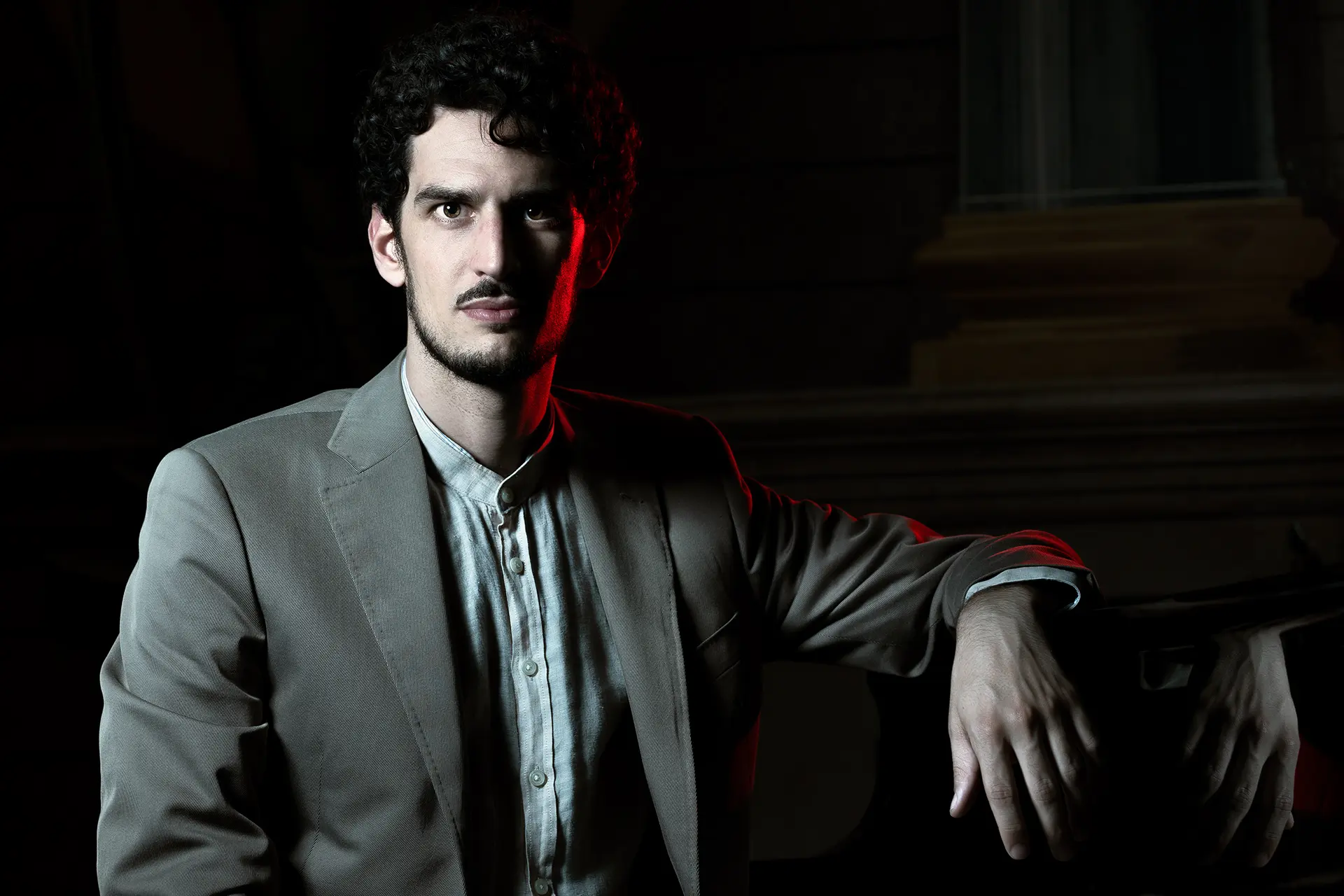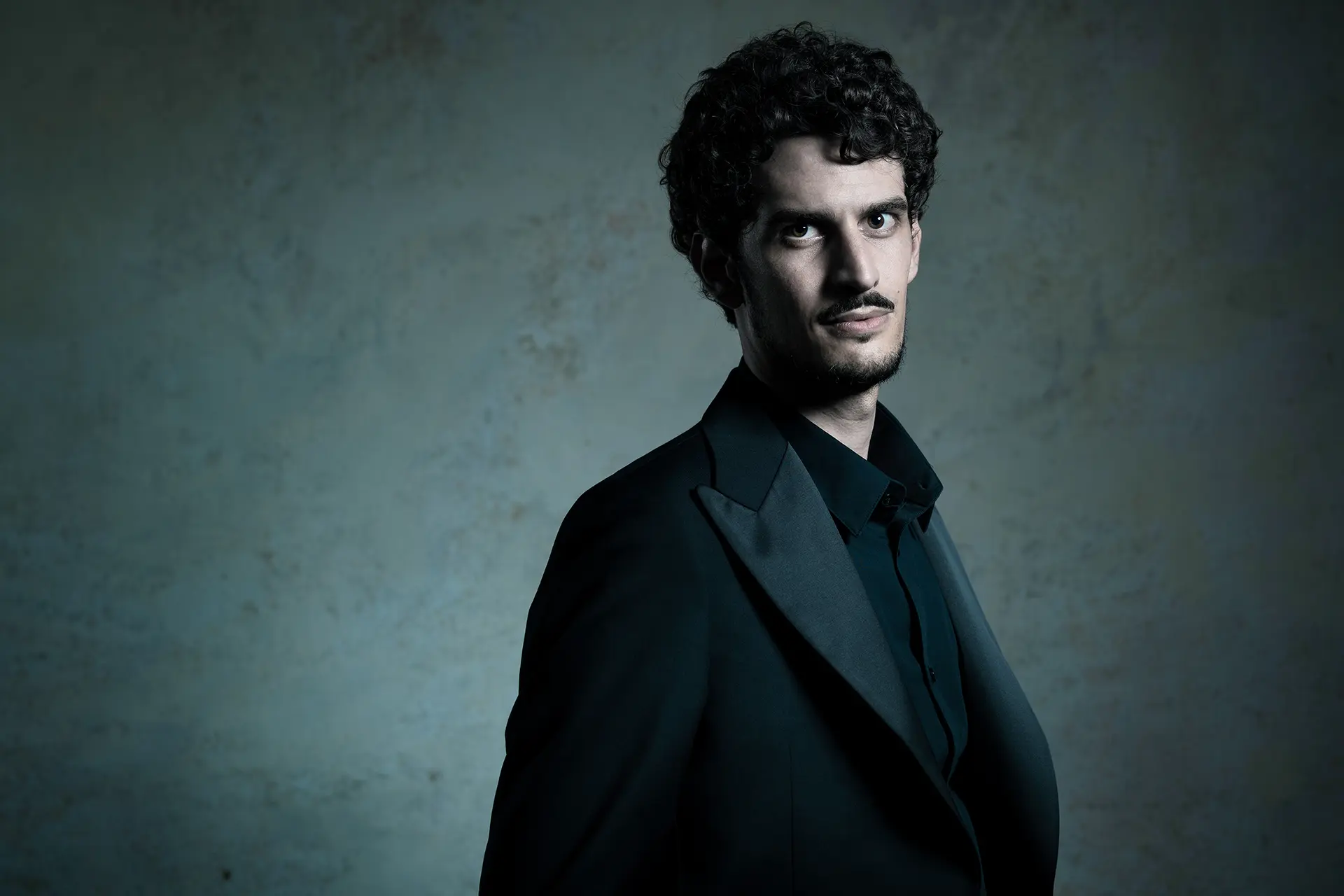
Research
Musicologist and sound studier with multiple interests, from dramaturgy to the study of staging, from philology to performance practice, from organology to the restoration of original instruments, and beyond…

Federico was introduced to musicology and historical research by his teacher Piero Rattalino. He attended the Master’s Degree in Musicology at the University of Cremona, specialising in the study of dramaturgy, theatre and staging. He graduated with highest honours. His thesis Staging Wagner: A Study on Opera Mise-En-Scène earned him a prestigious scholarship from the Richard-Wagner-Stipendienstiftung at the Bayreuth Festival. His mentors and guides include Michela Garda, Fabrizio Della Seta and Emanuele Senici.
In 2023, he was awarded the Jerald C. Graue Fellowship by the Eastman School of Music faculty, a prestigious recognition of excellence in musicological research. In 2024, the Faculty of the Musicology Department again awarded the Jerald C. Graue Fellowship to Federico, making him the only student ever to receive this recognition twice in a row. In addition to the study of Wagnerian theater, his research interests in recent years have focused on the organological study of historical keyboards, the interplay between musical semiotics and Schenkerian analysis in the works of the late Robert Schumann, and the comparative analysis of 19th-century instructive music editions and early recordings. In this area, Federico took part in the 19th Century Piano-Playing Styles Conference at the Royal Birmingham Conservatoire in February 2024 with a paper entitled “In defense of the inauthentic text. The use of non-original editions for aesthetic-performance research on the opening of Beethoven’s Piano Sonata No. 17 in D minor, Op. 31, No. 2.”
Federico is currently a PhD student in Music and Sound Studies at Cornell University in Ithaca, NY. He works with the Cornell Center of Historical Keyboards to disseminate new research in the field of performance practice and to restore and maintain the original and replica instruments in the collection.